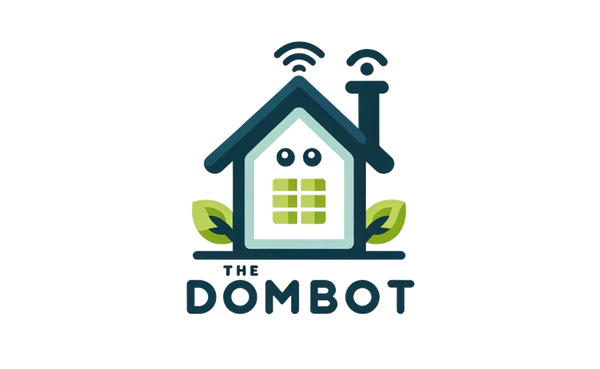Collection: Home Assistant GitHub: Customize Your Smart Home
Home Assistant GitHub: Where the Magic Happens (and Sometimes Breaks)
Hey there, smart home enthusiasts! Today, we're diving into the wild world of Home Assistant GitHub, a place where the magic happens (and sometimes breaks, let's be honest). For those of you who haven't ventured into this digital wonderland, it's basically the backstage area of your smart home, where all the cool kids hang out and tinker with code.
Why GitHub?
Think of Home Assistant GitHub as the ultimate playground for tech-savvy folks who want to push the boundaries of their smart home. It's where you'll find the source code for Home Assistant itself, along with a treasure trove of custom add-ons, integrations, and community-driven projects.
- Get your hands dirty: If you're the type who loves to tinker and customize, GitHub is your oyster. You can download the latest Home Assistant beta releases, check out the release notes, and even contribute to the development of Home Assistant itself.
- Unlock hidden potential: The Home Assistant add-on store is great, but GitHub offers a whole new level of customization. You can find add-ons that aren't available in the official store, or even create your own!
- Join the community: GitHub is a hub for the Home Assistant community, where you can connect with other users, share your projects, and get help with any issues you might encounter.
The Good, the Bad, and the Ugly
Now, let's be real. GitHub isn't all sunshine and rainbows. It can be a bit overwhelming for beginners, and you might encounter some bumps along the way.
The Good
- Endless possibilities: The potential for customization is truly limitless. You can create a smart home that's tailored to your exact needs and preferences.
- Community support: The Home Assistant community is incredibly active and helpful. You can find answers to your questions and get support from fellow enthusiasts.
- Free and open source: Home Assistant is free and open source, which means you can use it without any licensing fees or restrictions.
The Bad
- Technical knowledge required: You'll need some basic coding knowledge to navigate GitHub and install custom add-ons.
- Potential for instability: Custom add-ons and integrations can sometimes cause instability or conflicts with your Home Assistant setup.
- Documentation can be sparse: Some add-ons and projects might have limited documentation, which can make it challenging to set them up.
The Ugly
Let's not forget the occasional "oops" moment. Sometimes, custom add-ons can break your Home Assistant setup, leaving you with a smart home that's more "dumb" than smart. But hey, that's part of the fun, right?
Tips for GitHub Newbies
If you're new to GitHub, don't worry! Here are a few tips to help you get started:
- Start with the basics: Familiarize yourself with the basics of Git and GitHub before diving into custom add-ons.
- Read the documentation: Always read the documentation for any add-on or project you're installing.
- Back up your system: Before installing any custom add-ons, make sure to back up your Home Assistant configuration.
- Join the community: Don't hesitate to ask for help from the Home Assistant community if you encounter any problems.
Final Thoughts
Home Assistant GitHub is a powerful tool for those who want to take their smart home to the next level. It's a place where you can find endless possibilities, connect with a passionate community, and push the boundaries of what's possible. Just remember to proceed with caution, back up your system, and don't be afraid to ask for help! Happy tinkering!
